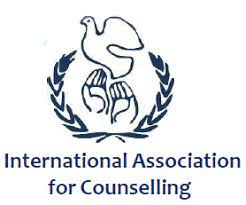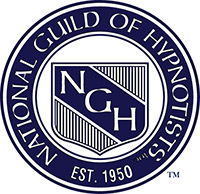People that have recently lost a loved one are likely to face an extended period of grief. After all, saying goodbye to someone close to you is never easy. It’s a familiar response to such an awful situation, but there are ways to help you overcome it.
For starters, let’s identify what grief actually is. Grief is defined as any form of loss that covers a wide range of different feelings. Some people may feel anger, they can feel sadness, or they might even struggle with mental health issues. Grief is something highly personal to the individual and everyone experiences it in a different way.
However, this also means that people deal with grief in their own way as well. Whereas some people may indulge themselves in hobbies as a distraction, others may spend their time seeking answers or even challenging their faith in response to losing a loved one.
The purpose of grief counseling is to give clients the ability to grieve in a healthy and controlled environment where they are offered support if required. It’s used to understand and cope with difficult emotions and can also be used to find a way to move on. But in order to identify problems, it’s a good idea to understand the various stages of grief so that you know how to overcome them.
The five proposed stages of grief are denial, anger, bargaining, depression, and acceptance.
While these stages are commonly cited, the reality is that some people may only experience some of them. It’s common for people to only experience two stages of grief, and others may experience other stages later in life.
There are typically three ways to help someone deal with their grief.
First, it’s important to distinguish grief from trauma. If someone has a lot of difficulty with images in their head of the deceased, such as flashbacks of an accident or the moment they learned of a loved one’s death, then it could be possible that they’re experiencing trauma. In this case, it can be hard to overcome grief due to the traumatic experiences they’ve faced.
Secondly, it’s important to let the person talk about the deceased. Clients at a grief counseling session are encouraged to speak about their loved ones in a safe space where they can let out their feelings and reflect on their experiences and memories.
Art and play therapy are also good ways to help treat grief in people of various ages. Art is a good way for people to clear their emotions and it promotes mental healing. It can help people of all ages, especially those that are struggling to communicate their feelings. Another option would be play therapy. This can be more useful for children as it encourages them to process their unresolved emotions.
Lastly, some patients may need help getting over any guilt that they feel when it comes to organizing the grief. They may feel like they’ve not done enough while their loved one was alive, or they might feel sad that they’re having so much difficulty moving on. It’s important for grief counselors to assist people in overcoming these feelings of sadness and guilt that they may be experiencing.
In most cases, grief counseling can help someone address their emotions and the shock they experience in certain situations. Whether it’s sorrow, anger, denial, helplessness, or even guilt, grief comes with many complex emotions that are hard to cope with on your own. By seeking professional grief counseling, one can process these emotions and learn to move on much more quickly. Others may just need a safe space to express themselves and talk about the deceased, but this is also a legitimate form of grief counseling that has helped many people in the past.
Another benefit of grief counseling is the ability to help someone recover their routine so they can return to a healthy lifestyle. Those that have experienced grief may find themselves struggling to return to a normal routine. This can affect one’s hygiene, career, and overall health. But with assistance, they can quickly return to a normal routine that encourages healing and moving on.







